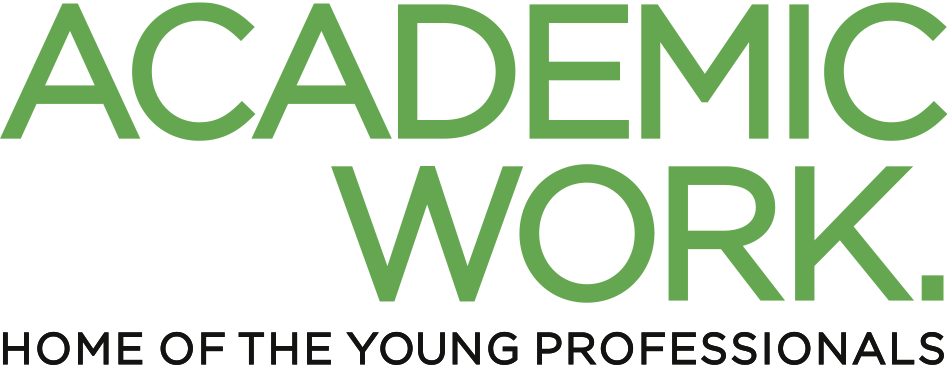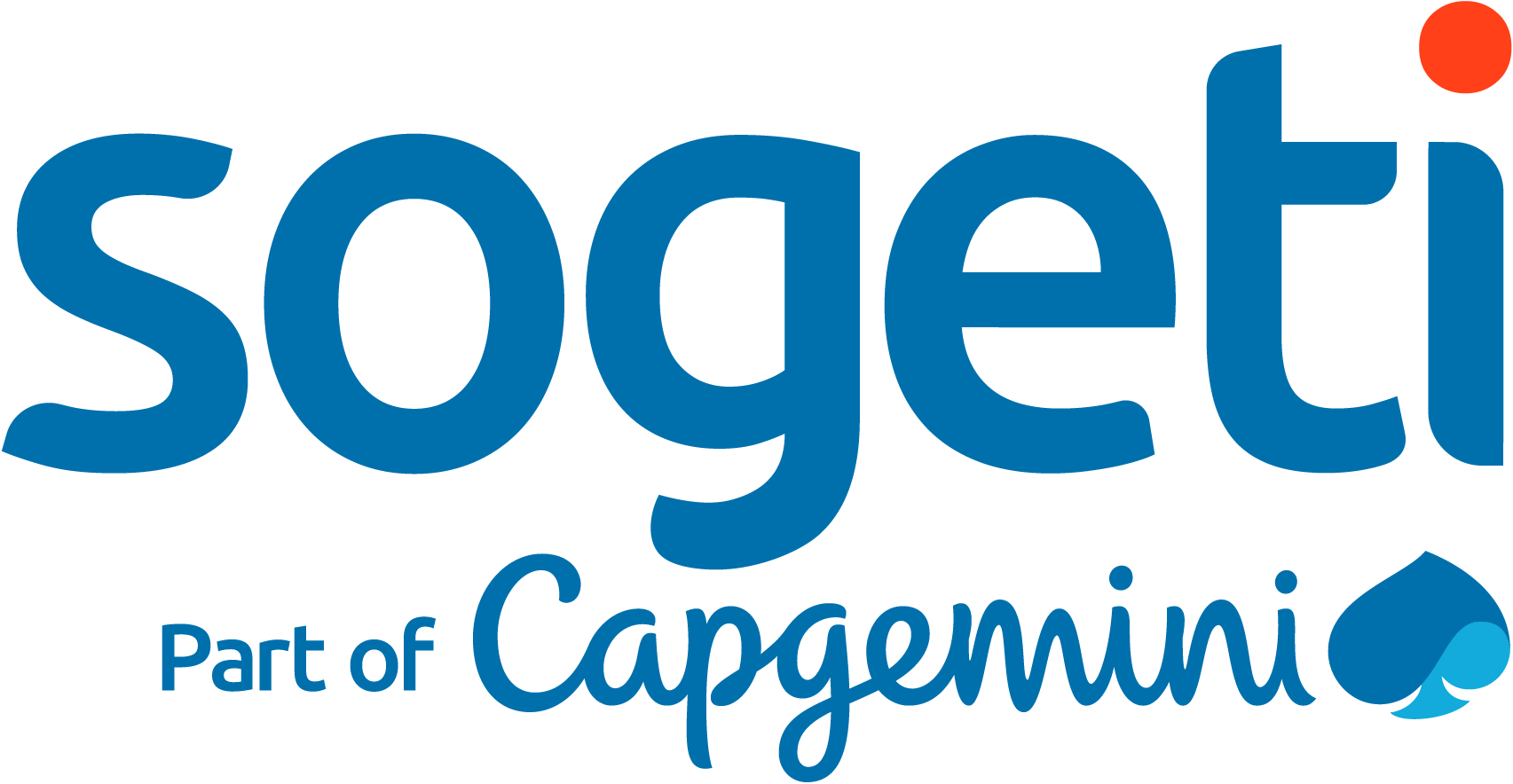NCPC 2015Saturday 10th October 11:00-16:00 CEST
The contest was held October 10th, 11:00-16:00 CEST. The winner was Omogen Heap from Stockholm, Sweden, who solved 9 out of 10 problems. Congratulations!
The winners will be Nordic Champions in programming. Universities may select student teams to go to NWERC, the regional finals in the ICPC contest. NCPC also encompasses national and local championships. Join NCPC on Facebook and spread the word to your friends and colleagues! There will be two warmup contests at https://warmup.kattis.com to help you practice. The first is Saturday October 3rd 11:00-16:00 CEST. The second starts Saturday evening and continues until Friday October 9th. NCPC will use the Kattis automatic judging system provided by Kattis. Every team will get a new account on the day of the competition. Organisers should review the NCPC-Site-HOWTO.
Below is a list of sites that will hopefully join NCPC in 2015. (+ marks verified sites.) Follow the links to get local information such as when and where to meet.
In short: Teams of up to three persons try to solve as many problems as possible from a set, without external help. Note that new languages have been added since 2014 and rules regarding programming languages have been clarified. Read the details below. The rules for this contest is given by the ICPC regional contest rules, with the following clarifications and additions: Who may competeThe teams competing consist of up to three persons. The competition is open to everybody, as long as they belong to some Nordic entity in some sense (all belong a given university or company, or all just come from the same country). ICPC eligibilityOnly ICPC eligible student teams compete in the ICPC division. These may qualify for the regional finals (NWERC), and further to the ICPC World Finals. Basically, any student who started his/her university/college studies in 2011 or later is eligible to compete. For exceptions such as retaken years, military service and so on, please refer to the ICPC rules. Persons who have competed in five regional finals already, or two world finals, may not compete in the ICPC division. What you may bring to the contest floor
What you may use during the contest
Behaviour during the contestBefore the contest begins, you are allowed to log in on your assigned computer, and log in on the submission system. You may do nothing else with the computer (such as starting to write code). You may not touch the problem set before the contest has started. Contestants are only allowed to communicate with members of their own team, and the organisers of the contest. You may not surf the web (except for allowed content), read e-mail, chat on MSN, or similar things. The only network traffic you may generate is from submitting problem solutions, and access to content specified by the local organisers. The contestThe problem set consists of a number of problems (usually 8-12). The problem set will be in English, and given to the participating teams when the contest begins. For each of these problems, you are to write a program in C, C++, C#, Go, Java, Objective-C, Python, Haskell, JavaScript or PHP. The jury guarantees that each problem is solvable in C++ and Java. No guarantees for other languages are given due to the big number of allowed languages. The submitted programs must read from standard input (stdin) and write to standard output (stdout), unless otherwise stated. After you have written a solution, you may submit it using the specified submission system. The team that solves the most problems correctly wins. If two teams solve the same number of problems, the one with the lowest total time wins. If two top teams end up with the same number of problems solved and the same total time, then the team with the lowest time on a single problem is ranked higher. If two teams solve the same number of problems, with the same total time, and the same time on all problems, it is a draw. The time for a given problem is the time from the beginning of the contest to the time when the first correct solution was submitted, plus 20 minutes for each incorrect submission of that problem. The total time is the sum of the times for all solved problems, meaning you will not get extra time for a problem you never submit a correct solution to. If you feel that problem definition is ambiguous, you may submit a clarification request via the submission system. If the judges think there is no ambiguity, you will get a short answer stating this. Otherwise, the judges will write a clarification, that will be sent to all teams at all sites in the contest.
Updated: 2015-08-17
(h
c)
|















